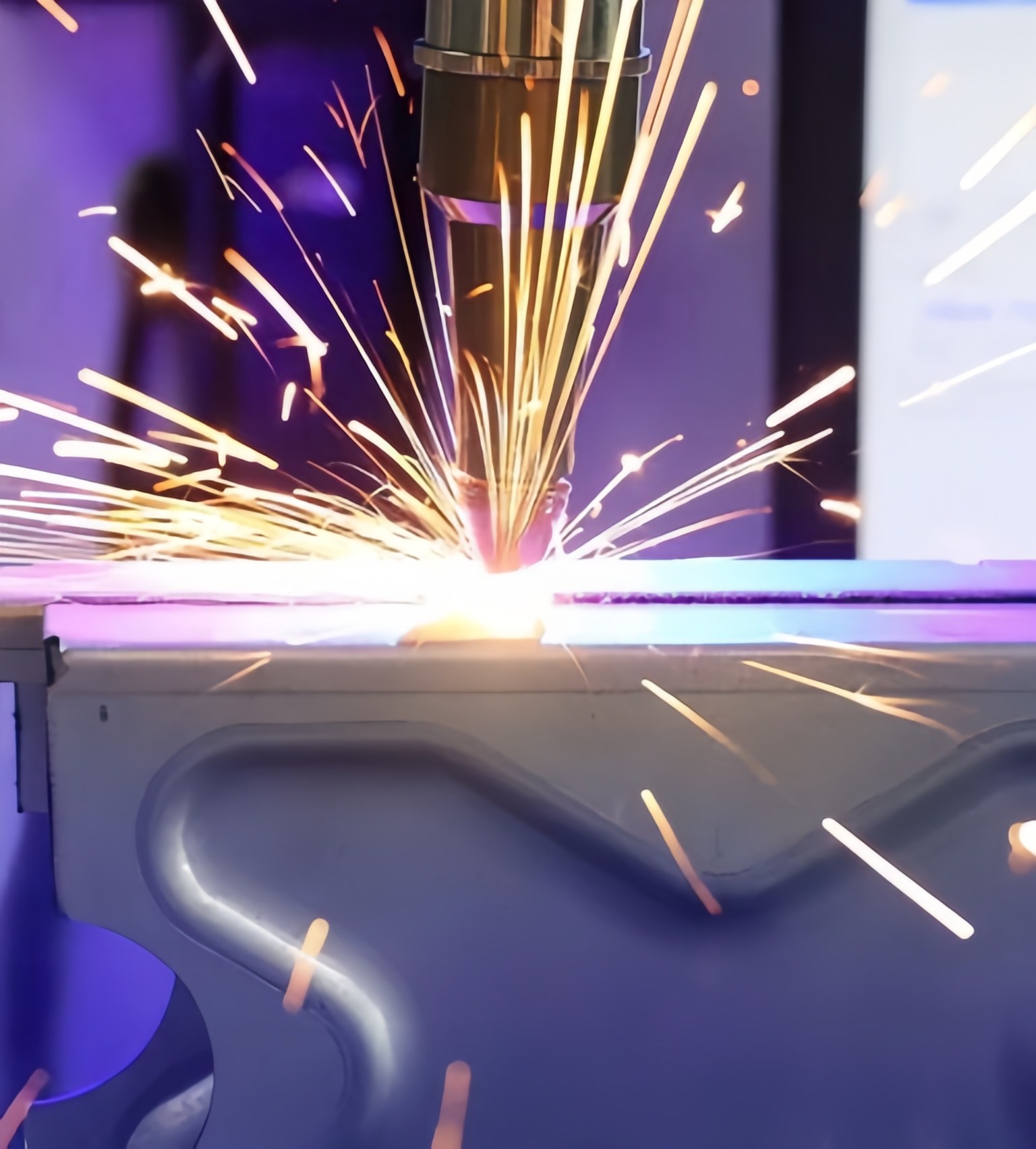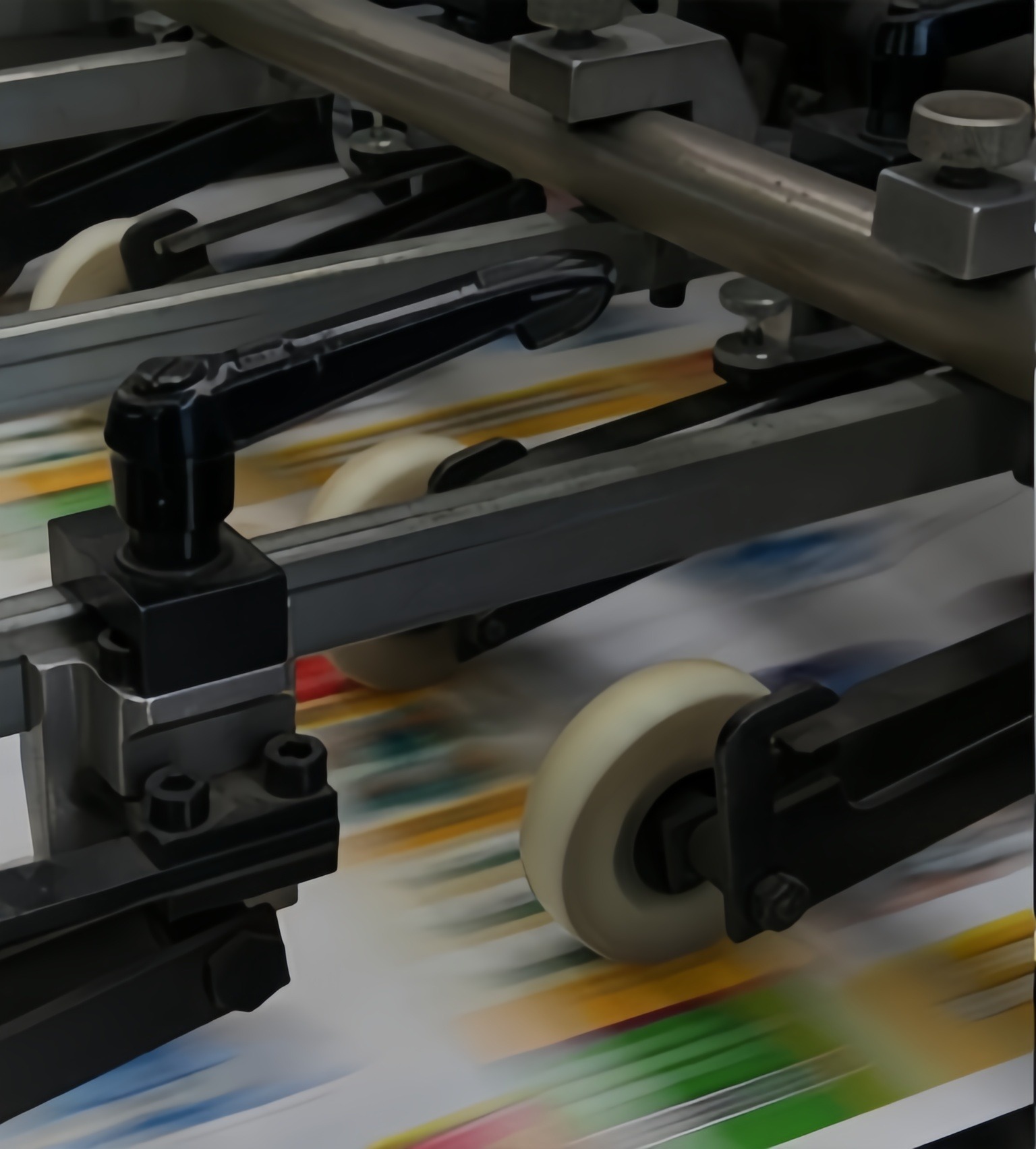Application of Cooling Equipment Units in the Food Industry
Application of Cooling Equipment Units in the Food Industry
2025-08-20
Background of Application
In the food industry, cooling equipment units are essential for ensuring hygiene, extending shelf life, and improving production efficiency. Throughout food processing—from raw material handling and high-temperature sterilization to final product storage—precise temperature control is critical. Cooling equipment rapidly reduces or maintains temperatures to prevent microbial growth, avoid spoilage, and ensure continuous and stable production processes.
Key Application Scenarios
1. Post-High-Temperature Processing Cooling: After high-temperature sterilization, products like canned goods and cooked meats require rapid cooling to safe temperatures to inhibit bacterial growth. Cooling units achieve this through water or air cooling.
Baked Goods Cooling: Bread, pastries, and similar products need uniform cooling to maintain shape and prevent moisture loss caused by temperature fluctuations.
2. Cold Storage & Refrigerated Facilities: Cooling units maintain low-temperature environments in cold storage to preserve freshness of fruits, vegetables, dairy products, and other perishables.
Refrigerated Transport Vehicles: Onboard cooling systems stabilize food temperatures during transit, preventing spoilage due to broken cold chains.
3. Fermentation Temperature Control: Cooling equipment precisely regulates fermentation tank temperatures for yogurt, beer, and other products to ensure consistent flavor profiles.
Filling Line Cooling: Beverages are cooled to specified temperatures before filling to avoid compromising packaging integrity.
4. Quick-Freezing Tunnels: Cooling units create ultra-low temperatures (below -30°C) in freezing tunnels to rapidly lock food cell structures, preserving nutrients and texture.
Key Advantages
Food safety assurance: Inhibit microbial growth and comply with hygiene standards such as HACCP.
Extend shelf life: Precise temperature control slows down the rate of food oxidation and spoilage.
Energy saving and efficient: Variable frequency technology adjusts cooling power as needed to reduce energy consumption costs.
Automation control: Integrated intelligent temperature control system, reducing manual intervention and improving production stability.
Background of Application
In the food industry, cooling equipment units are essential for ensuring hygiene, extending shelf life, and improving production efficiency. Throughout food processing—from raw material handling and high-temperature sterilization to final product storage—precise temperature control is critical. Cooling equipment rapidly reduces or maintains temperatures to prevent microbial growth, avoid spoilage, and ensure continuous and stable production processes.
Key Application Scenarios
1. Post-High-Temperature Processing Cooling: After high-temperature sterilization, products like canned goods and cooked meats require rapid cooling to safe temperatures to inhibit bacterial growth. Cooling units achieve this through water or air cooling.
Baked Goods Cooling: Bread, pastries, and similar products need uniform cooling to maintain shape and prevent moisture loss caused by temperature fluctuations.
2. Cold Storage & Refrigerated Facilities: Cooling units maintain low-temperature environments in cold storage to preserve freshness of fruits, vegetables, dairy products, and other perishables.
Refrigerated Transport Vehicles: Onboard cooling systems stabilize food temperatures during transit, preventing spoilage due to broken cold chains.
3. Fermentation Temperature Control: Cooling equipment precisely regulates fermentation tank temperatures for yogurt, beer, and other products to ensure consistent flavor profiles.
Filling Line Cooling: Beverages are cooled to specified temperatures before filling to avoid compromising packaging integrity.
4. Quick-Freezing Tunnels: Cooling units create ultra-low temperatures (below -30°C) in freezing tunnels to rapidly lock food cell structures, preserving nutrients and texture.
Key Advantages
Food safety assurance: Inhibit microbial growth and comply with hygiene standards such as HACCP.
Extend shelf life: Precise temperature control slows down the rate of food oxidation and spoilage.
Energy saving and efficient: Variable frequency technology adjusts cooling power as needed to reduce energy consumption costs.
Automation control: Integrated intelligent temperature control system, reducing manual intervention and improving production stability.
Previous: Battery Industry
Related Recommendations
Give us a free quote
Submit this form and our sales representative will contact you soon.



